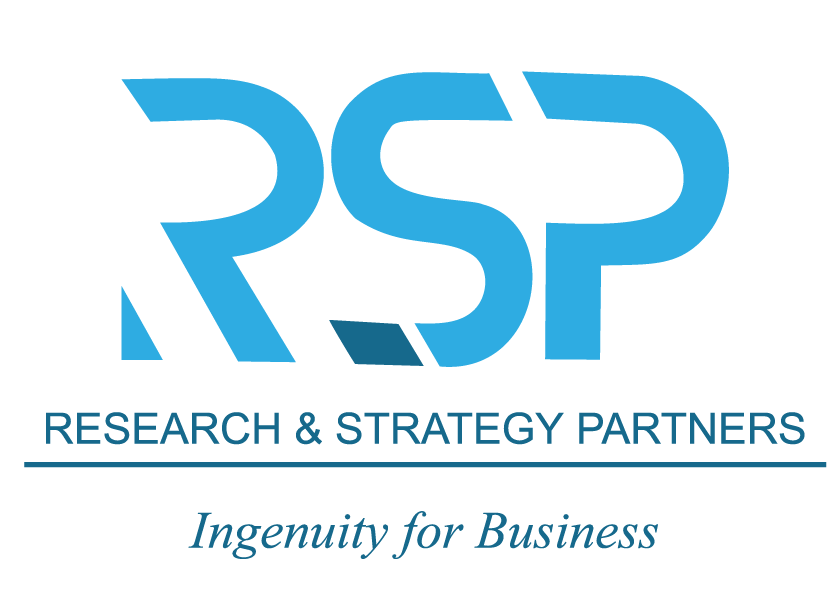In the digital age, where social media and instant messaging dominate communication, email marketing continues to hold its ground as one of the most effective marketing channels. With billions of emails sent daily, the potential to connect directly with your audience is immense. However, success in email marketing requires more than just sending promotional content—it’s about creating meaningful interactions that resonate with your audience and drive action.
What is Email Marketing?
Email marketing is the practice of sending targeted emails to a list of subscribers to promote products, share valuable information, or build brand loyalty. Unlike other forms of digital marketing, email provides a direct line to the recipient, making it personal and impactful. From welcome emails to newsletters, promotional offers, and re-engagement campaigns, the versatility of email marketing allows businesses to achieve a variety of goals.
Why Email Marketing Still Works
Despite the emergence of numerous digital marketing channels, email remains effective for several reasons:
- Direct Access to Your Audience: Emails land directly in the recipient’s inbox, giving you unparalleled access compared to social media algorithms or paid ads.
- Personalization Opportunities: Advanced tools allow businesses to tailor emails to individual preferences, increasing engagement and conversions.
- Cost-Effectiveness: With minimal investment, email marketing offers one of the highest returns on investment (ROI) compared to other channels.
- Measurable Results: Email marketing platforms provide detailed analytics, helping you track open rates, click-through rates, and conversions for better optimization.
- Customer Retention: Regular communication through email helps nurture relationships and keeps your brand top-of-mind for subscribers.
Best Practices for Effective Email Marketing
Creating a successful email marketing campaign requires a mix of strategy, creativity, and technical know-how. Here are some best practices to follow:
- Build a Quality List: Focus on growing an engaged subscriber base rather than purchasing lists. Use lead magnets like free resources or exclusive discounts to encourage sign-ups.
- Segment Your Audience: Divide your email list into smaller segments based on demographics, behavior, or interests to deliver highly relevant content.
- Craft Compelling Subject Lines: The subject line is your first impression. Make it clear, engaging, and personalized to encourage recipients to open your email.
- Provide Valuable Content: Ensure that your emails offer something of value to the reader, whether it’s tips, updates, discounts, or exclusive access.
- Optimize for Mobile: With a significant portion of emails opened on mobile devices, your emails must be mobile-friendly with responsive designs and concise content.
- Include Clear CTAs: Guide your readers on the next step with clear and actionable calls to action (CTAs) that stand out in your email.
- Test and Refine: Use A/B testing to experiment with subject lines, content, and design elements. Analyze results and refine your strategy for continuous improvement.
The Future of Email Marketing
Email marketing is evolving with the integration of artificial intelligence, automation, and interactive elements. AI enables hyper-personalization, delivering the right message at the right time to the right person. Interactive emails, such as those with embedded forms or quizzes, enhance user engagement and create a more dynamic experience.
Conclusion
Email marketing is far from obsolete. Its ability to create direct, personal, and measurable connections makes it a vital tool in any marketer’s arsenal. By focusing on delivering value, staying authentic, and leveraging modern technology, businesses can harness the power of email marketing to build lasting relationships, drive conversions, and achieve long-term success.


Leave a Reply